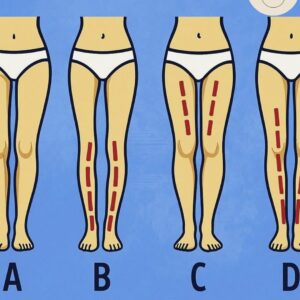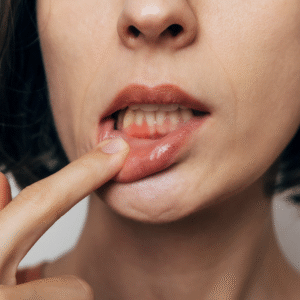A recent study published in *The Journal of Immunology* suggests a potential link between gut bacteria and the development of autism. “The microbiome can shape the developing brain in multiple ways,” said lead researcher John Lukens from the University of Virginia.
The World Health Organization defines autism as brain development disorders that affect communication and social interaction. It often comes with conditions like anxiety, epilepsy, ADHD, and self-injury. The study indicates that a mother’s gut bacteria may play a larger role in autism risk than previously thought.
A key molecule involved is interleukin-17a (IL-17a), which helps fight infections but also appears to affect brain development. In mice experiments, those exposed to gut bacteria that triggered IL-17a showed autism-like behaviors. When IL-17a was blocked, behaviors normalized—until the mice developed naturally again.
Researchers also transferred bacteria through a fecal transplant. Mice that received the inflammatory gut bacteria began showing signs of autism, confirming the link.
While this study was only done in mice, it raises important questions. “Identifying characteristics of the pregnant mother’s microbiome that correlate with autism risk would be the next big step,” Lukens said, noting any treatment would need to be carefully balanced during pregnancy.





